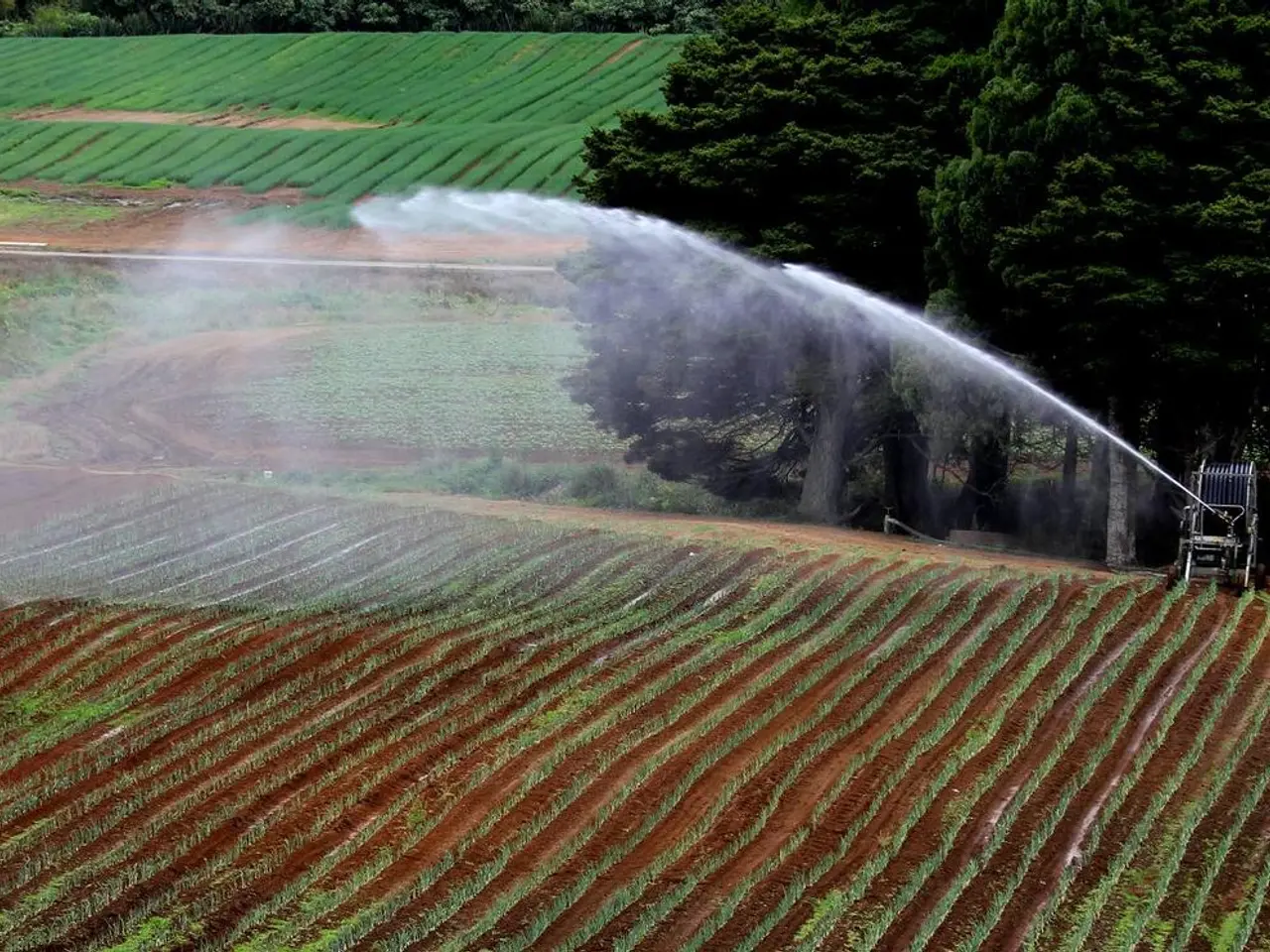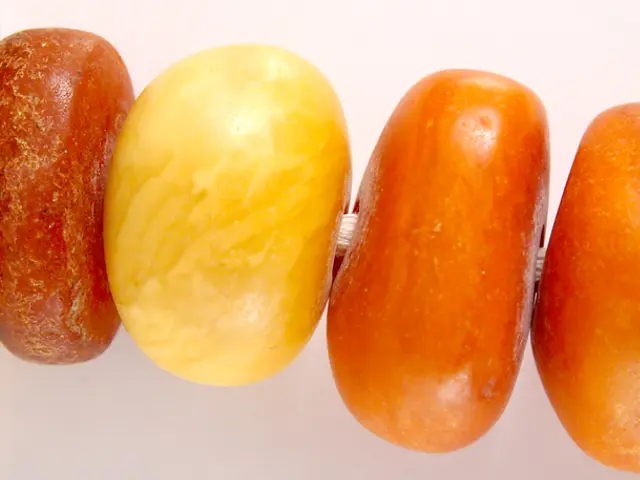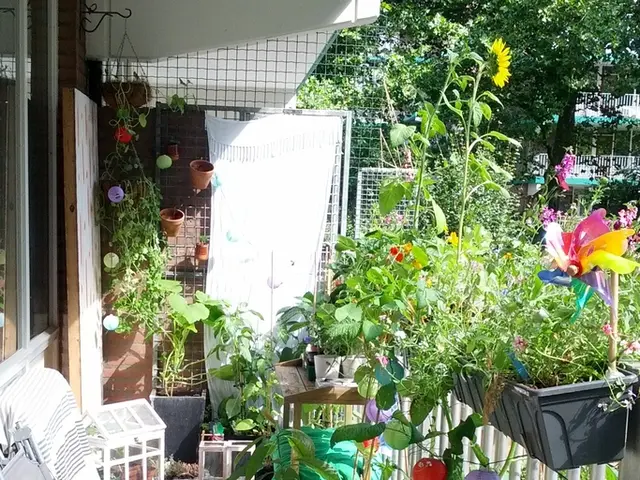Maintaining Irrigation Systems: Strategies to Avoid Failures
A well-maintained irrigation system is crucial for a lush and thriving lawn. Neglecting routine maintenance can lead to visible malfunctions such as dry garden areas or unusual flooding, which should be addressed promptly to prevent further damage.
Regular inspections, cleaning, and adjustments are essential components of an effective maintenance routine. At least monthly or bi-monthly, check sprinkler heads, valves, emitters, and electrical connections for leaks, clogs, misalignments, and corrosion. Remove dirt, sediment, and mineral deposits by soaking and flushing heads and lines regularly. This helps maintain ideal water pressure and promotes efficient system operation.
Adjust watering schedules seasonally to suit weather changes and soil conditions. This prevents overwatering or underwatering, promoting healthy plant growth and water conservation. Inspect wiring, controllers, and solenoids for secure connections, and replace corroded wires to ensure reliable system activation. Ensure proper emitter placement for drip systems to verify emitters are delivering water efficiently where needed.
Extraordinary maintenance may be required to address wear, clogs, leaks, and other issues. Prompt repairs and component replacement are essential to prevent cascading failures. Flushing entire systems with flushing caps can remove stubborn debris not cleared during routine maintenance, especially before or after heavy usage seasons. Scheduling expert system evaluations can identify hidden inefficiencies and prevent failures before they occur. Seal threaded connections with waterproof tape to prevent leaks in valve and pipe joints.
Regular attention and timely action on arising issues are key to avoiding failures. Each zone of the irrigation system should be checked for stable pressure and unusual damp spots or puddles. The controller should be correctly set following best programming practices. Performing regular system tests helps detect signs of leaks, blockages, or faulty solenoid valves early.
To optimize water use and avoid unnecessary irrigation during rainfall, install rain sensors. A system built with high-quality components lasts longer and better withstands environmental stress. A clean and well-calibrated irrigation system ensures even water distribution, reducing waste. By following these practices, irrigation systems can operate efficiently, conserving water, preventing costly damage, and extending system life.
Incorporating the latest news about home-and-garden lifestyle, a crucial factor for maintaining a well-irrigated lawn involves regular inspections, cleanings, and adjustments of the irrigation system to address potential issues, such as clogs and corrosion. By following these practices and scheduling expert system evaluations, one can optimize water usage, conserve water, prevent costly damage, and extend the life of the irrigation system.




